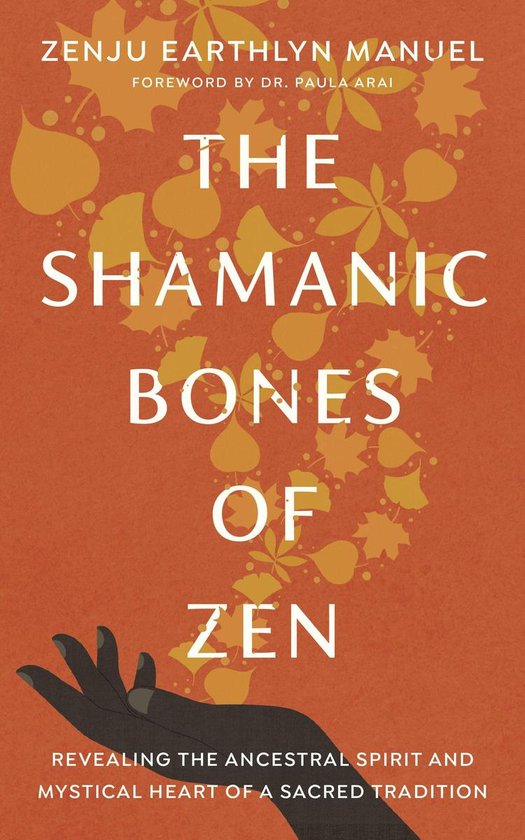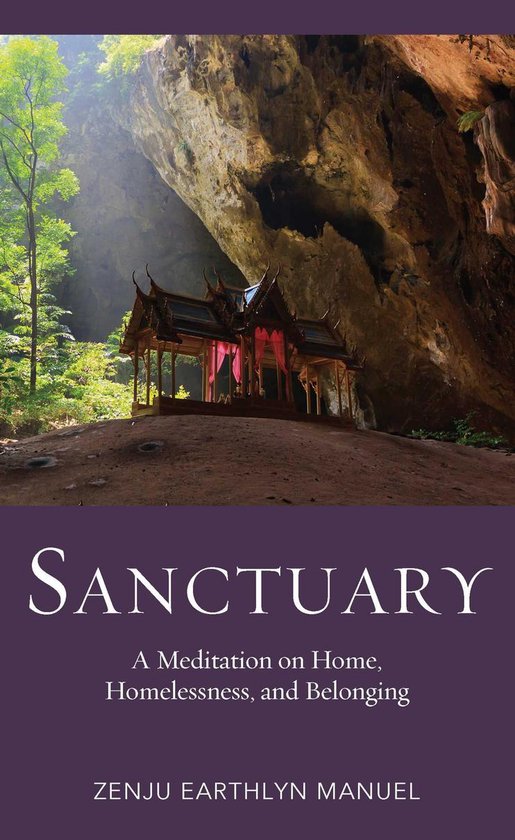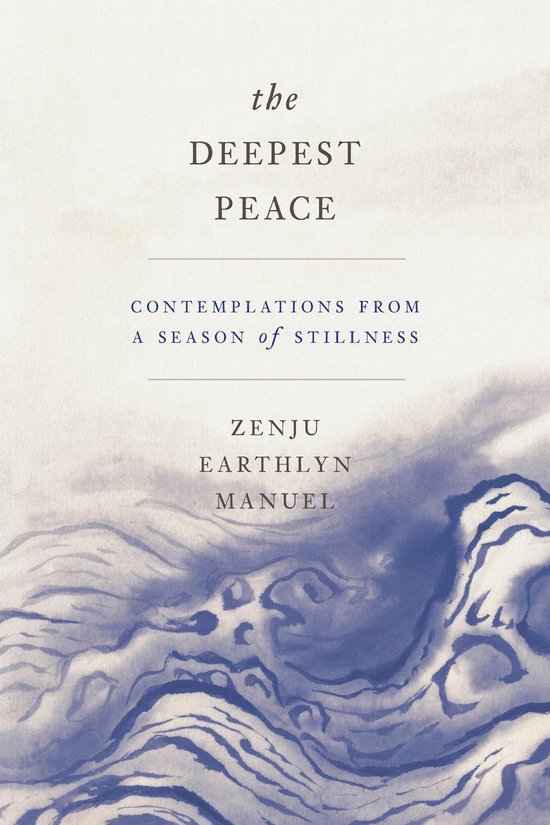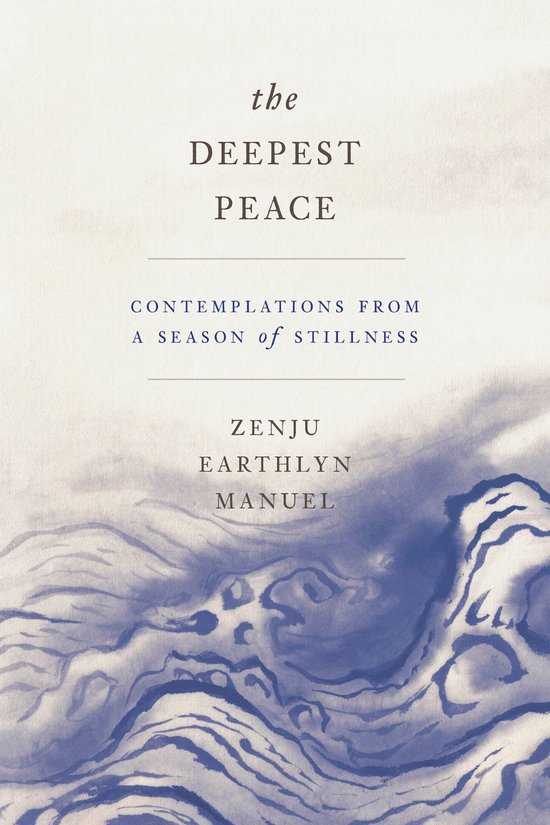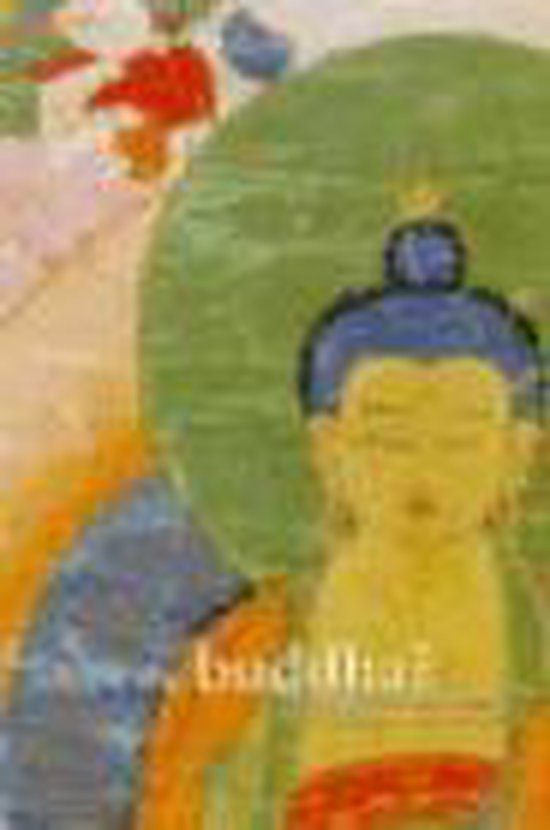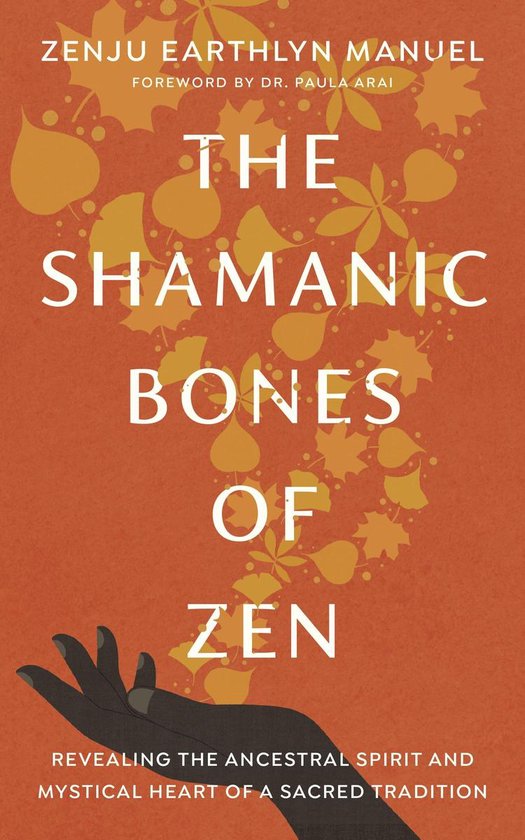
The Shamanic Bones of Zen
Conceived at the crossroads of Buddhism and indigenous earth-based practice, The Shamanic Bones of Zen explores the deep human traditions of transformation that are made possible by meditation, ceremony, ritual, dreams, and spiritual connection to ones ancestry.
In The Shamanic Bones of Zen, celebrated author and Buddhist teacher Zenju Earthlyn Manuel undertakes a rich exploration of the connections between contemporary Zen practice and shamanic, or indigenous, spirituality. Drawing on her personal journey with the black church, with African, Caribbean, and Native American ceremonial practices, and with Nichiren and Zen Buddhism, she builds a compelling case for discovering and cultivating the shamanic, or magical, elements in Buddhismmany of which have been marginalized by colonialist and modernist forces in the religion.
Displaying reverence for the Zen tradition, creativity in expressing her own intuitive seeing, and profound gratitude for the guidance of spirit, Manuel models the path of a seeker unafraid to plumb the depths of her ancestry and face the totality of the present. The book conveys guidance for readers interested in Zen practice including ritual, preparing sanctuaries, engaging in chanting practices, and deepening embodiment with ceremony.
"I often felt my ancestors at ease with my practice of Zen. I felt they had led me through other traditions to this practice of ritual and ceremony, writes Manuel. The ancestors needed me to be still and breathe as they approached with what they had to offer my life.
In The Shamanic Bones of Zen, celebrated author and Buddhist teacher Zenju Earthlyn Manuel undertakes a rich exploration of the connections between contemporary Zen practice and shamanic, or indigenous, spirituality. Drawing on her personal journey with the black church, with African, Caribbean, and Native American ceremonial practices, and with Nichiren and Zen Buddhism, she builds a compelling case for discovering and cultivating the shamanic, or magical, elements in Buddhismmany of which have been marginalized by colonialist and modernist forces in the religion.
Displaying reverence for the Zen tradition, creativity in expressing her own intuitive seeing, and profound gratitude for the guidance of spirit, Manuel models the path of a seeker unafraid to plumb the depths of her ancestry and face the totality of the present. The book conveys guidance for readers interested in Zen practice including ritual, preparing sanctuaries, engaging in chanting practices, and deepening embodiment with ceremony.
"I often felt my ancestors at ease with my practice of Zen. I felt they had led me through other traditions to this practice of ritual and ceremony, writes Manuel. The ancestors needed me to be still and breathe as they approached with what they had to offer my life.
| Auteur | | Zenju Earthlyn Manuel |
| Taal | | Engels |
| Type | | Paperback |
| Categorie | |
